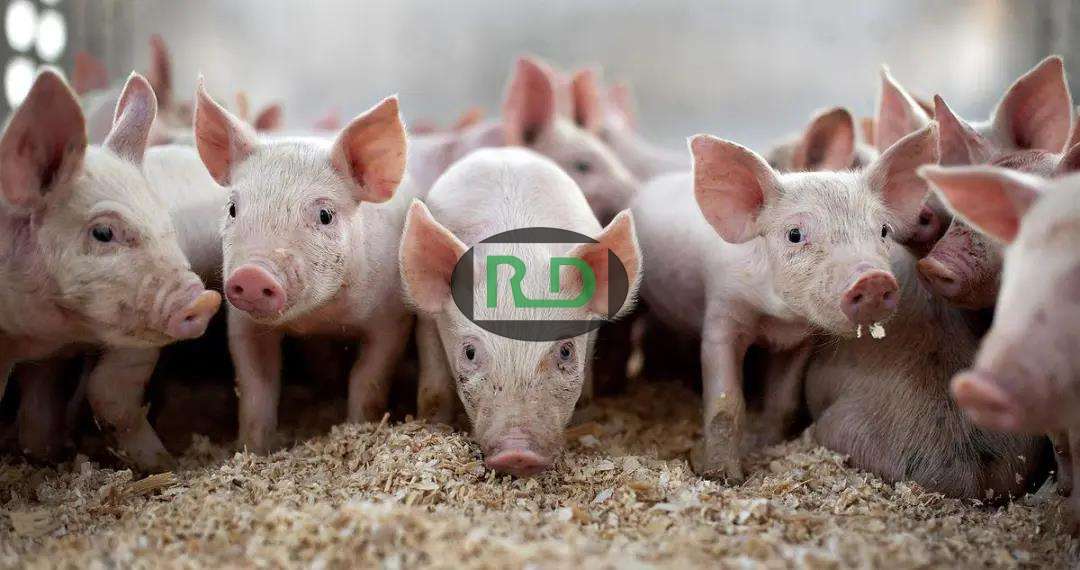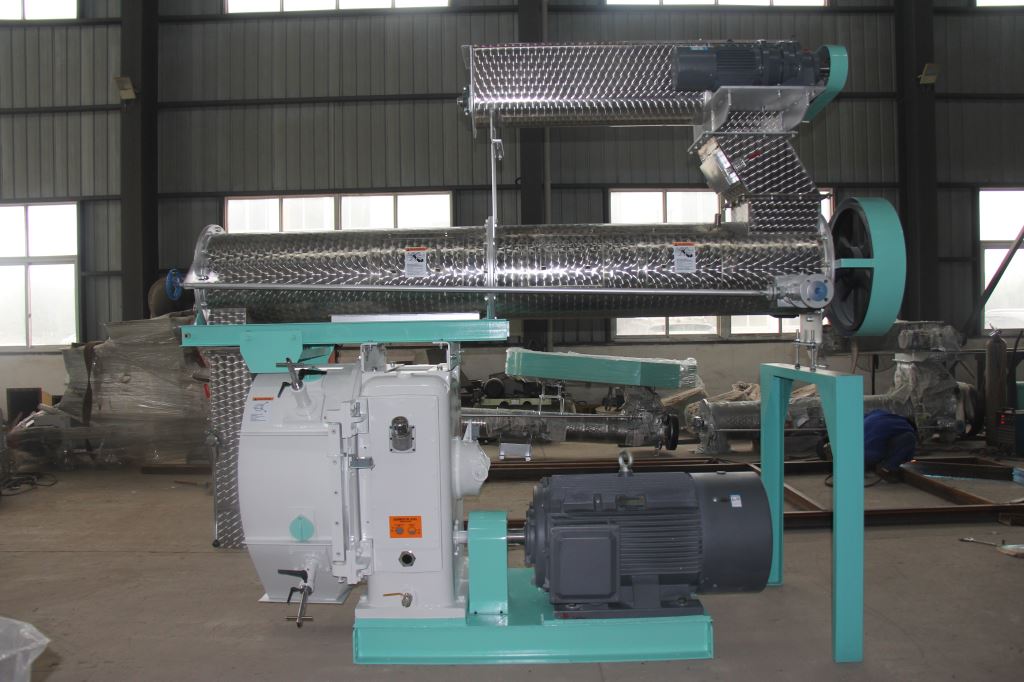Welcome to Rongda Machinery Co., Ltd
Toggle Navigation
Feed machines have totally shaken up how we handle animal feed, turning basic raw stuff like grains and meals into those perfect, nutrient-packed pellets that keep livestock healthy and happy. Whether you're running a tiny backyard setup or a massive commercial operation, these gadgets make things way more efficient, eco-friendly, and budget-smart. Let's dive into what makes them tick, from the different kinds out there to how they're used in real-world scenarios, and where they're headed next.
First off, these machines come in all shapes and sizes, depending on what you need. For smaller gigs, like a family farm or someone raising a few animals at home, Flat Die Feed Pellet Machines are a go-to. They churn out anywhere from 50 to 500 kg per hour and are super flexible with ingredients—think corn, soybean meal, or wheat. That makes them great for whipping up custom mixes for poultry, rabbits, or pigs without a ton of hassle.
On the flip side, if you're dealing with big-time production, Ring Die Feed Pellet Machines step up to the plate. These beasts handle 1,000 kg an hour or way more, and they're loaded with automation tricks and energy-saving features. You'll find them in huge feed mills cranking out tons of stuff for cattle, birds, or even fish farms. And then there are the specialized ones, like floating fish feed extruders that make pellets that bob on the water, or pre-mix feed plants that handle all those tiny additives and micronutrients for picky eaters.

At the heart of it all is some clever tech that keeps everything running smooth. Take the extrusion process: it mixes up the raw materials, heats them under pressure, and squeezes them through die holes. This not only gels the starches for better digestion but also locks in the good stuff. Modern setups use things like programmable logic controllers (PLCs) and sensors to tweak moisture levels, pellet sizes, and speed on the fly, cutting down on mistakes and boosting output. Plus, they're built tough with stainless steel (SS304/316) parts that hold up against rust and wear, even when you're pushing them hard.
When it comes to putting them to work, feed machines shine in all sorts of areas. In poultry and livestock ops, models like the FCKJ series spit out protein-rich pellets with fibers tuned just right for chickens, pigs, or cows. You can swap die sizes from 2 to 12 mm to match the animal's age or size—no one-size-fits-all here. For aquaculture, those floating feed extruders are a lifesaver, with die designs that keep pellets stable in water so they don't sink and cause waste or mess up the environment. And don't forget pet food: high-end twin-screw extruders let you craft hypoallergenic or grain-free kibble shaped like bones, hearts, or fish, making Fido's dinner both fun and healthy.
What's really cool is how these machines are getting greener and smarter. Companies like FAMSUN are leading the charge with models that cut energy use by 15-20% thanks to better gearboxes and hybrid motors. They're hooking up to IoT for real-time check-ups and fixes before things break, which fits right into that whole Industry 4.0 vibe in farming. And on the sustainability front, they're turning waste like crop leftovers or brewery scraps into usable feed, helping close the loop on resources.
Of course, it's not all smooth sailing. Upfront costs can be a real hurdle for smaller farmers, but options like leasing are starting to pop up. There's also the skills side—folks in less developed spots might need more training to get the most out of these machines. Looking ahead, I bet we'll see more AI tweaks for custom recipes and even biodegradable coatings on pellets to lighten the eco-load.

All in all, feed machines are key players in turning farm basics into top-notch nutrition that scales up without wasting a thing. As tech keeps pushing forward, they're set to make farming more sustainable and help feed the world better. If you're hunting for specs or suppliers, check out pros like FAMSUN or Shandong Huake—they've got the goods.